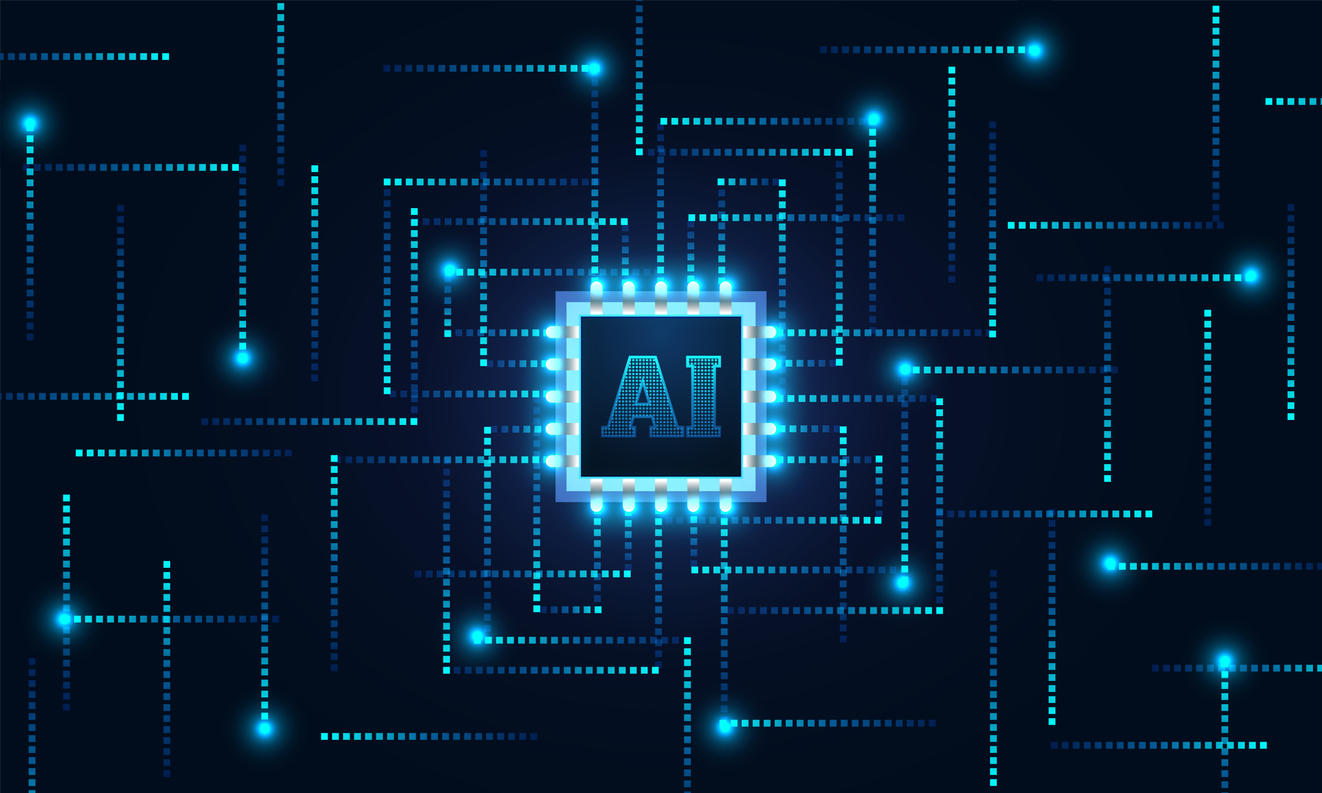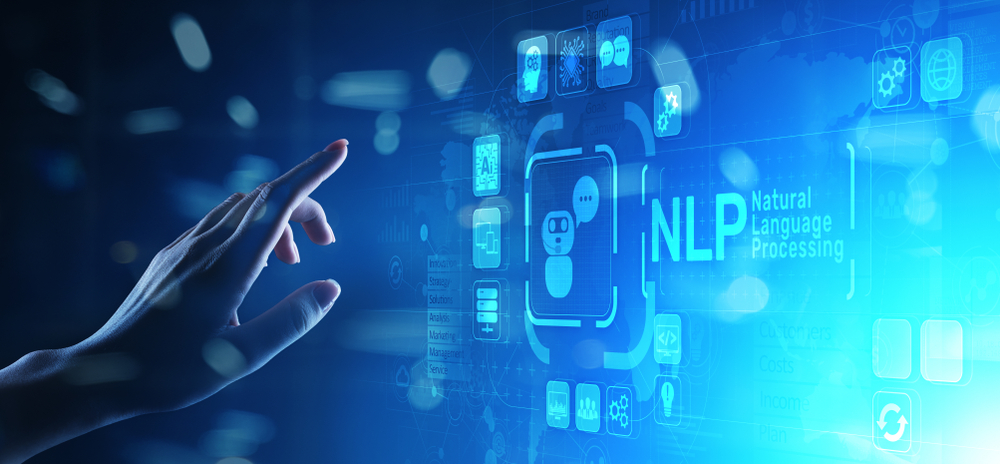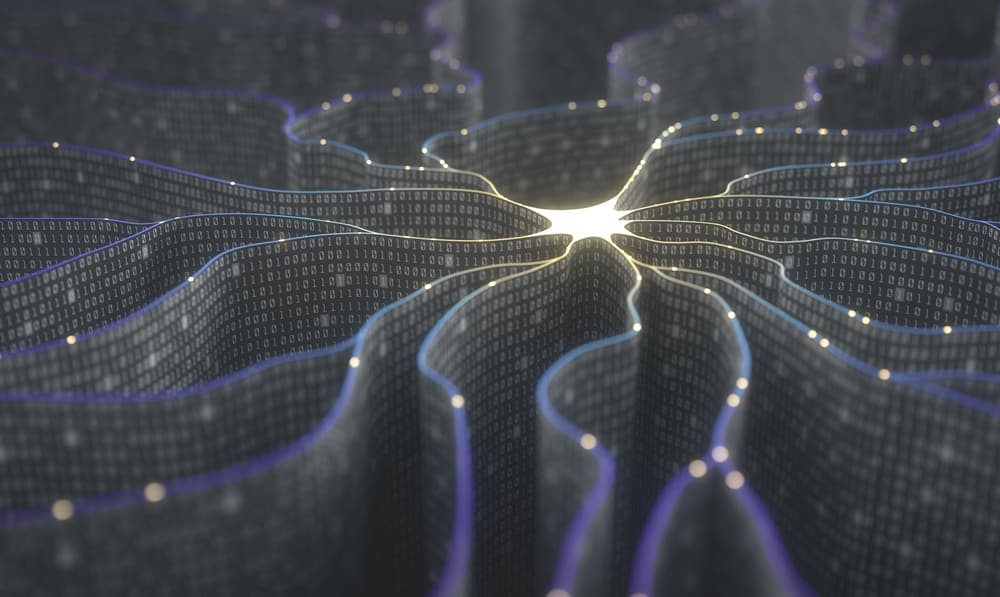In today’s dynamic and forward-moving tech-world, technologies and processes are getting obsolete faster than ever. What assumes the role of these discarded technologies is Artificial Intelligence, which is sometimes also the reason behind certain technologies and processes being phased out earlier than expected.
Software development is one such area that is getting affected by Artificial Intelligence and Machine Learning concepts. Let’s have a look at how AI is transforming software development to make it more agile, effective, and error-free.
Core areas of Software Engineering that AI will transform
– Design: Understanding the clients’ need and replicating it into a software design is a long-drawn process which requires multiple alternatives and re-iterations to finally land at a satisfactory and effective design. Artificial Intelligence is reducing this effort multi-fold by understanding and learning about the client’s needs and requirements and previously fuzzy areas such as brand personality to suggest a base design after scout millions of combinations. This virtual associate can offer opportune direction on the most proficient method to do design projects.
– Testing: Software testing is a critical process and takes up a lot of human hours before a fully functional and a (relatively) error-free software is handed over to a client. AI helps mitigate repetitive and trivial manual tests and gives more time to create new automated tests with sophisticated features. AI tools can create test information, judge its authenticity, and examines the scope of derived information for better test management. Artificial Intelligence, if trained correctly can ensure an error-free software and fast delivery of the project.
– GUI Testing: As important as it is, it is tough to carry out GUI testing due to the lack of dedicated GUI testing tools and techniques. GUI testing as of today is a bone-breaking process where test engineers have to manually create test cases, identify the scenarios to check, determine the timeline to check these scenarios, and ultimately evaluate if the GUI software is optimally tested. Moreover, even for the slightest modification to the software, the test suite needs to be adequately changed again for re-testing and ensuring the software is error-free. Test engineers are now banking upon AI to simplify and speed up this highly complicated and tedious job.
– Strategic Decision Making: The Machine Learning AI solutions can be trained on business-critical factors to analyze the performance of past projects and existing applications. This helps it to figure out optimal strategies and solutions for engineering and business teams to develop software solutions that can maximize impact and minimize risk. The timeline to plan the transformation of business requirements into technical specifications is substantially reduced with the help of Machine Learning solutions.
– Automatic Code Generation: Starting from scratch to develop a software program is time-consuming and labour-intensive. Certain ‘Intelligent Programming Assistants’ backed by AI are revolutionizing the way codes are generated. A method is known as ‘Neural Sketch Learning’ trains an artificial neural network to identify high-level patterns among a large number of java programs to finally come up with a suitable code to start with and develop further.
Bridging the Skill Gap
There is a dire need to equip software developers to transform their knowledge and skills to match up the pace of AI transition. It is high time that the software developers and their employers understand the need to upskill and realize that they will go obsolete if they don’t.
The most demanded AI job roles in the market today are a data scientist, software engineer, and machine learning engineer. For software engineers to enter into these job roles, the skills need to be changed and developed. The demands for such AI roles have doubled in the past three years and continue to show a positive growth at the same pace in the future. The skills that software engineers need to acquire fall broadly under the below categories:
– Statistics
– Machine Learning Theory
– Data Wrangling
– Debugging / Tuning Models
– Software engineering basics
*Learn more about Great Learning’s AIML programs
Considering the breakneck speed with which AI is paving the way to the technologies of future, the software engineers need to position themselves as the expert generalists and make learning a continuous and critical process of building their career.
To summarise, software development has come a long way to be finally transformed by Artificial Intelligence in a disruptive arena. Professionals who are worried because of the transforming nature of their roles need to continuously upskill to stay relevant in the business and align their career with the changing market scenario.






